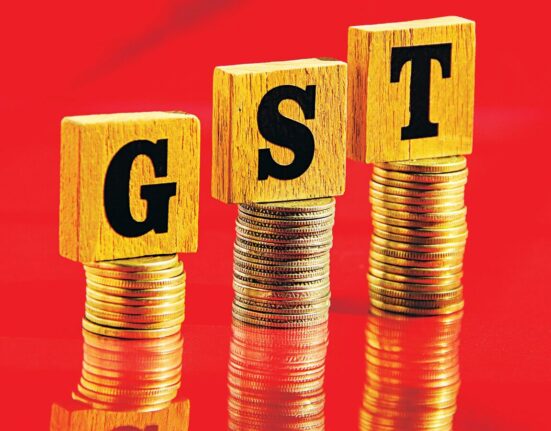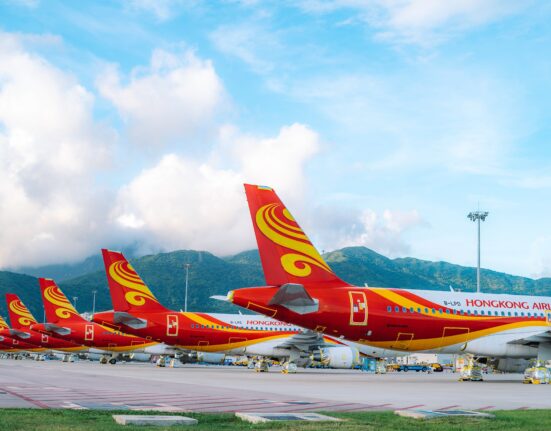US President Donald Trump recently made a groundbreaking announcement regarding a new trade agreement with Vietnam, marking a significant milestone in the economic relations between the two countries. This development comes after weeks of intense negotiations and diplomatic efforts aimed at solidifying trade ties and avoiding potential tariff escalations.
In his social media post, Trump revealed key details of the deal, highlighting crucial aspects that will shape future trade dynamics between the US and Vietnam. According to the agreement, a 20% tariff will be imposed on imports of Vietnamese goods into the US. However, an even higher 40% levy will apply to any goods that are identified as “transshipped” through Vietnam.
“In other words, they will ‘OPEN THEIR MARKET TO THE UNITED STATES,’ meaning that we will be able to sell our products into Vietnam at ZERO Tariff,”
Trump emphasized in his statement on Truth Social network. This move not only benefits American exporters but also signals a significant shift in trade policies between the two nations.
The negotiation process was marked by strategic discussions between President Trump and Communist Party chief To Lam from Vietnam. The Ministry of Foreign Affairs in Vietnam acknowledged Trump’s commitment to addressing bilateral trade issues during their recent conversation. Additionally, To Lam proposed key initiatives such as recognizing Vietnam as a market economy and lifting export restrictions on specific high-tech products, further underscoring the depth of cooperation envisioned by both parties.
The significance of this trade deal extends beyond mere economic transactions; it reflects a broader geopolitical strategy employed by the US administration in countering China’s influence in Asia. As some top advisors view Vietnam as a vital ally in balancing China’s dominance, establishing favorable trade terms with the country becomes pivotal for advancing American interests while maintaining regional stability.
Vietnam has emerged as a crucial player in global supply chains, particularly becoming a preferred destination for manufacturing operations previously based in China. The country’s robust exports include textiles and sportswear manufactured for prominent brands like Nike, Gap, and Lululemon. With its substantial contribution to US imports amounting to nearly $137 billion last year alone, Vietnam holds a strategic position in international trade networks.
The imposition of varying tariff rates aims to address concerns related to transshipment activities where goods originating from China are channeled through Vietnam before reaching American markets. By applying higher tariffs on such practices deemed detrimental to fair competition, the US seeks to ensure transparency and integrity within its trading partnerships.
Peter Navarro’s characterization of Vietnam as
“essentially a colony of communist China”
underscores underlying apprehensions within certain quarters regarding transshipment activities potentially undermining fair trade practices. The need for vigilance against such practices remains paramount as both countries navigate complex economic landscapes shaped by evolving global dynamics.
Despite initial challenges encountered during negotiations, both sides have demonstrated resilience and determination in finalizing this landmark agreement beneficial for fostering mutually beneficial economic exchanges. The proactive measures undertaken by Vietnamese officials further underscore their commitment towards enhancing bilateral relations while opening avenues for increased cooperation across various sectors.
As details continue to unfold regarding specific provisions outlined within the deal signed between President Trump and Vietnamese representatives, stakeholders eagerly anticipate enhanced clarity on operational frameworks guiding future trade interactions. The collaborative spirit exhibited throughout these deliberations sets a positive tone for sustained engagement aimed at promoting shared prosperity and sustainable growth opportunities for both nations.
In conclusion,
President Donald Trump’s announcement regarding the comprehensive trade agreement with Vietnam signifies not just an economic milestone but also exemplifies strategic diplomacy orchestrated towards bolstering alliances amidst shifting global realities.









Leave feedback about this